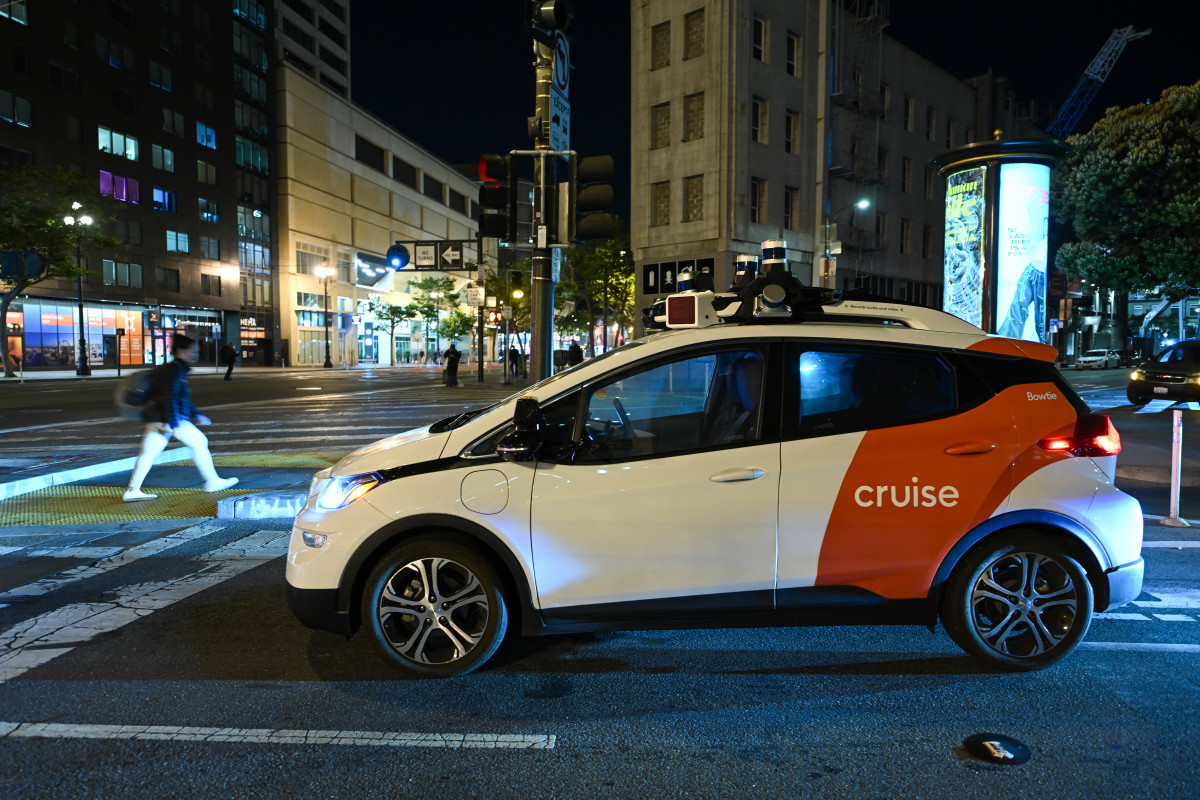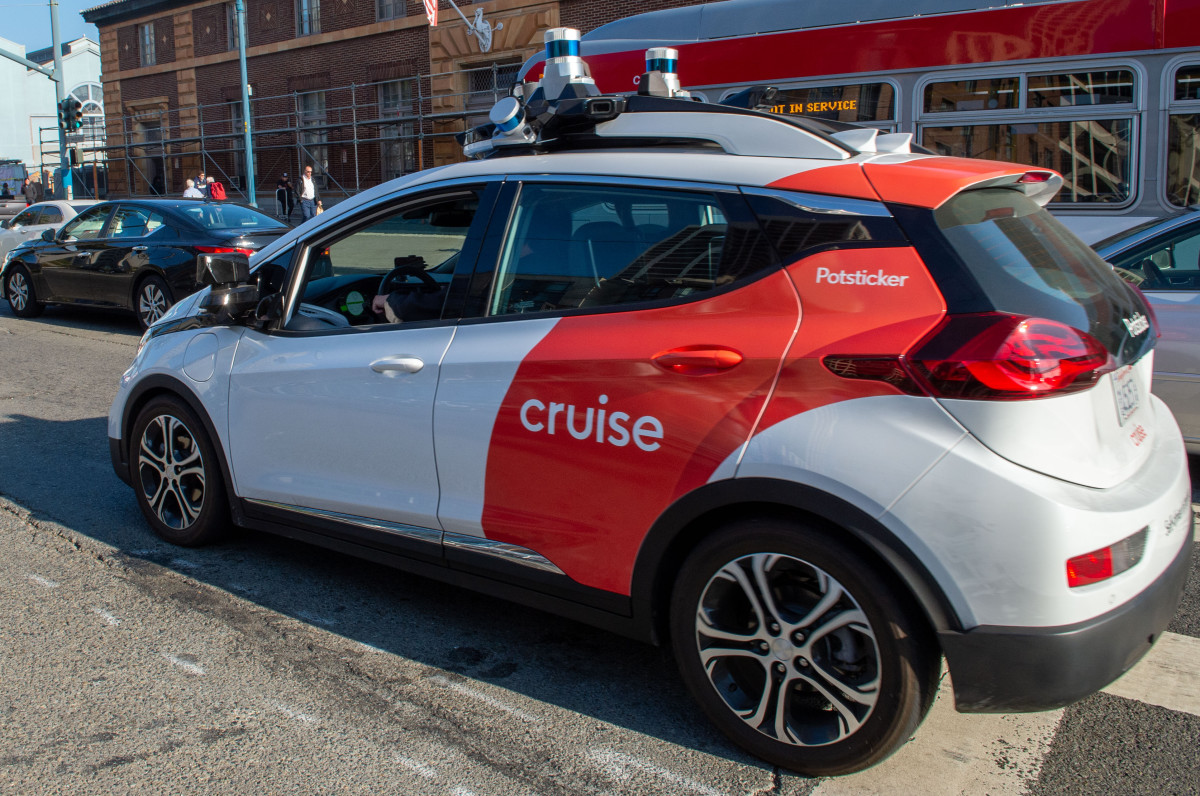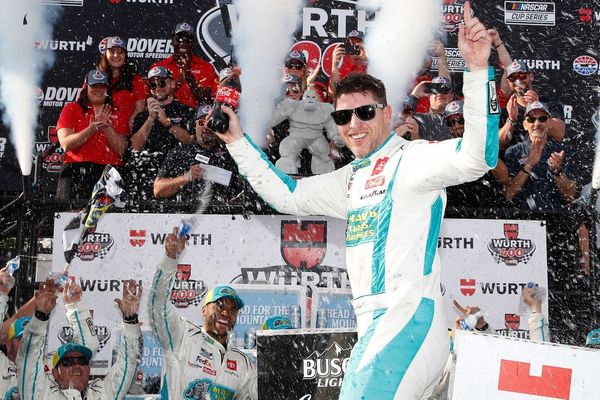
Last month, the California Department of Motor Vehicles, citing safety concerns, revoked General Motors' GM license to operate Cruise, the robotaxi arm of the automaker's business. A few days after the decision, Cruise announced that it was halting its driverless operations across all of its fleets.
"The most important thing for us right now is to take steps to rebuild public trust," Cruise said in a statement. "Part of this involves taking a hard look inwards and at how we do work at Cruise, even if it means doing things that are uncomfortable or difficult."
Cruise had been operational in Houston, Austin, Dallas, Miami and Phoenix, in addition to San Francisco. The shutdown of the company's operations represents both a hit on its goal of achieving $1 billion in revenue by 2025, as well as the ability of the entire industry to achieve genuine self-driving cars.
Related: What's stopping Tesla from achieving Level 3 self-driving
GM's Cruise, according to a recent New York Times report, has been supported by an enormous staff, with approximately 1.5 workers per robotaxi. The workers, according to sources familiar with the matter, remotely intervened to assist each car's driverless operations once every 2.5 to five miles.
Cruise spokesperson Erik Moser clarified to TheStreet that the given ratio of 1.5 workers per car refers to Cruise's entire staff, rather than members of the company's remote assistance team.
Professor Gary Marcus, an artificial intelligence expert, likened the situation to Theranos, the company that was touted as a breakthrough health technology firm before erupting in scandal.

"If Cruise’s vehicles really need an intervention every few miles, and 1.5 external operators for every vehicle, they don’t seem to even be remotely close to what they have been alleging to the public," Marcus wrote. "Shareholders will certainly sue, and if it’s bad as it looks, I doubt that GM will continue the project."
Marcus added that the revelation of these numbers raises far more questions than they answer. It remains unclear what these remote sessions look like, as well as the context around each intervention.
Cruise's CEO, responding to the allegations in a post on Y Combinator, said that the cars are being remotely assisted 2% to 4% of the time, in "complex urban environments."
"This is low enough already that there isn’t a huge cost benefit to optimizing much further, especially given how useful it is to have humans review things in certain situations," he said.
The intervention every 2.5 to five miles, he said, refers to how often one of Cruise's vehicles initiates a remote assistance session. Many of these such sessions, he said, are resolved by the car "before the human even looks at things."
He added that many of these sessions are just "quick confirmation requests that are resolved in seconds."
Related: General Motors just pulled the plug on Elon Musk's ultimate vision for Tesla
If this is a theme at other self-driving companies, Marcus said, "anyone who thinks we are close to true Level 5 self-driving has probably been deceived."
With any consistent human component, he said, so-called driverless cars are at best semi-autonomous and have "literally nothing to do with AGI."
Waymo, a robotaxi competitor, did not respond to TheStreet's request for comment.
Cruise's self-driving thesis, Moser added, remains in place. He noted that the DMV activity was related to communication around a specific incident, rather than general safety concerns for the company.
Ark Invest and Elon Musk, meanwhile, remain exceptionally bullish around autonomous driving and robotaxis, with the former convinced that the sector will be driving up to $10 trillion in revenue by the end of the decade.
"The whole self-driving cars industry is likely to be viewed in a few years as an epic fail, crushed by outliers and AI that could not reason adequately," Marcus said.
Shares of GM closed up 3.37% the previous session.
Get investment guidance from trusted portfolio managers without the management fees. Sign up for Action Alerts PLUS now.







